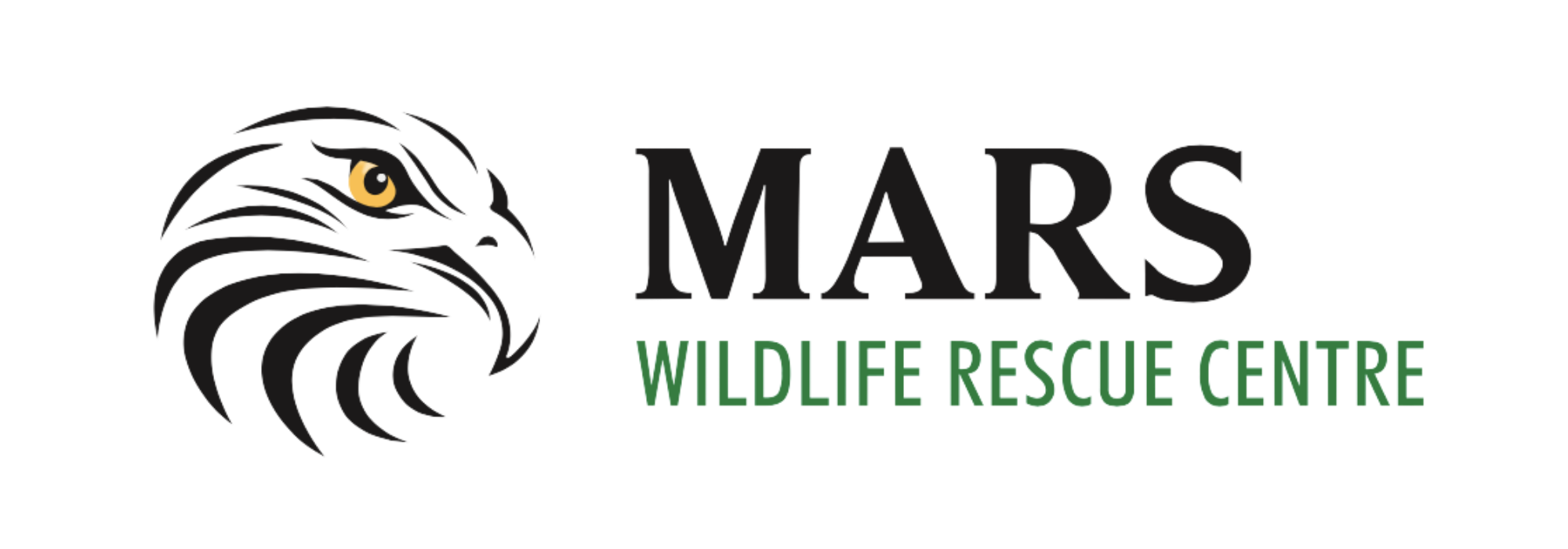My time at Mountainaire Avian Rescue Society was a life changing experience. As a lifelong resident of rural western Washington, I have always loved the environment in which we live. However, before coming to MARS I did not appreciate the wide array of birds of this biome, from passerines to raptors. MARS has given me the opportunity to discover the character and complexity of each individual patient.
I learned to think of how to cater to each of the patient’s needs; if I saw a spider crawling on the wall, I thought, “to whom can I feed this?” I loved working with all of the birds, from the American robins to the belted kingfishers. This work has taught me that life is incredibly fragile. Rehab is not always steady improvement, and it certainly does not happen over night. I’ve found that birds don’t say, “Thank you;” the only reward a rehabber can hope for is the ability to let each patient fly free.
As an environmental science major, I approached this internship from a conservation perspective. In my conservation biology course last year, we debated exactly what role humans should play in our ecosystems. For sure, humans negatively impact the surrounding ecosystems, but what role can we play to remedy those negative impacts? Or can we work, not to reverse damage, but to positively impact our ecosystem in other ways? Should we not interact with the wildlife around us, and let the natural selection weed out those individuals who are not fit to survive in this human dominated world? What role do we play in the world we affect so much? Rehabilitation, I now see, is not an interference with nature, but rather, a way of participating in our ecosystem. One great aspect of the homo sapien species is cognitive ability and therefore the gift of choice. Since humans cause many of our patients’ injuries, rehabilitation is, in a way, repairing the damage humans have done. But in another way, rehabilitation serves a similar role to our birds as a nurse log to other tiny trees, shrubs, and fungi in the forest. The nurse log provides habitat and nutrients for smaller, less stable organisms until those organisms outgrow the nurse log and can survive independently. I will definitely take this new perspective on the function of humans in our ecosystem with me into the conservation field.
I have learned more than I could have hoped for about the rehabilitation process. The hands-on experience was one I wouldn’t trade for the world.
Samantha Garvin 9/13/10
